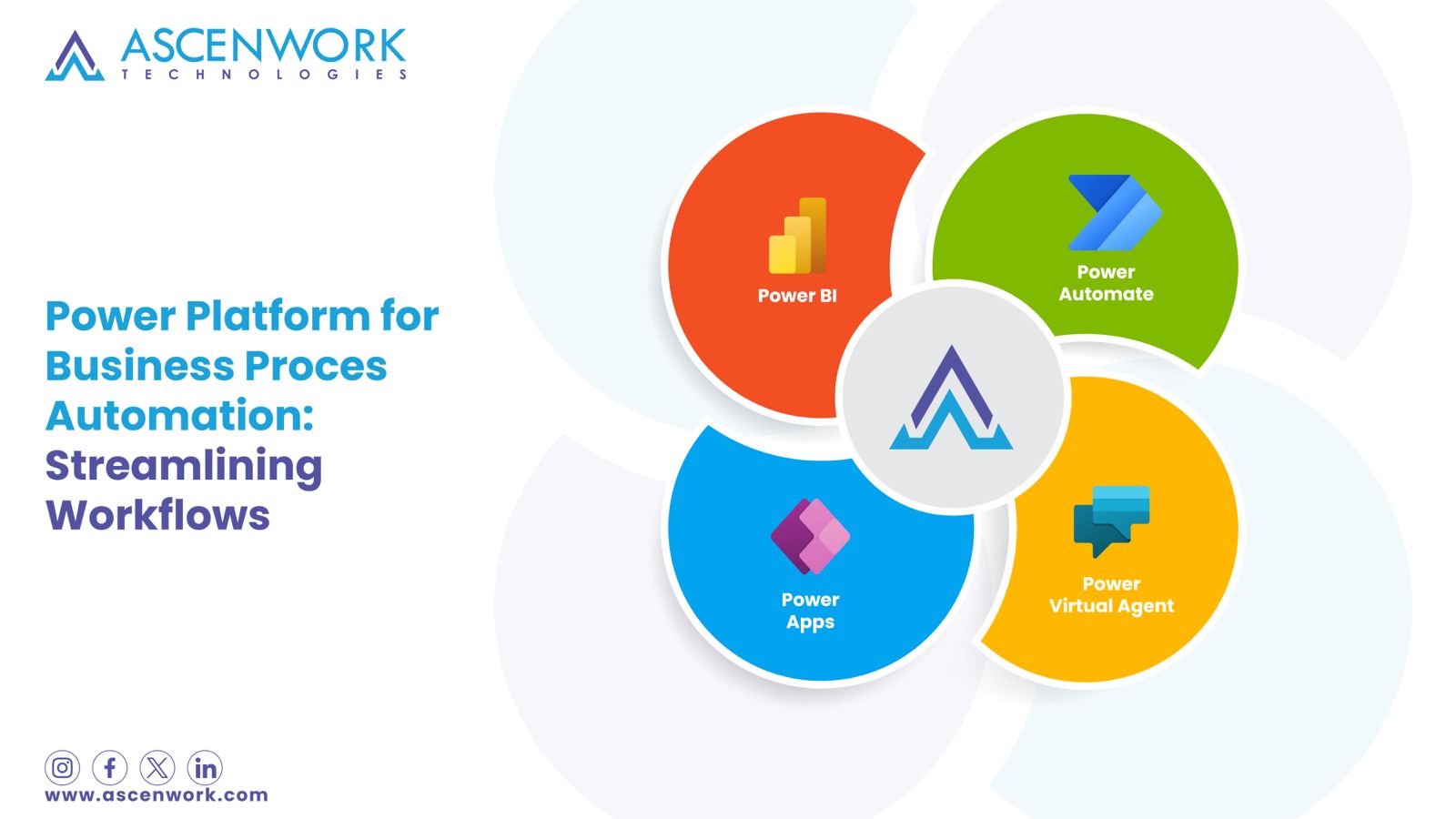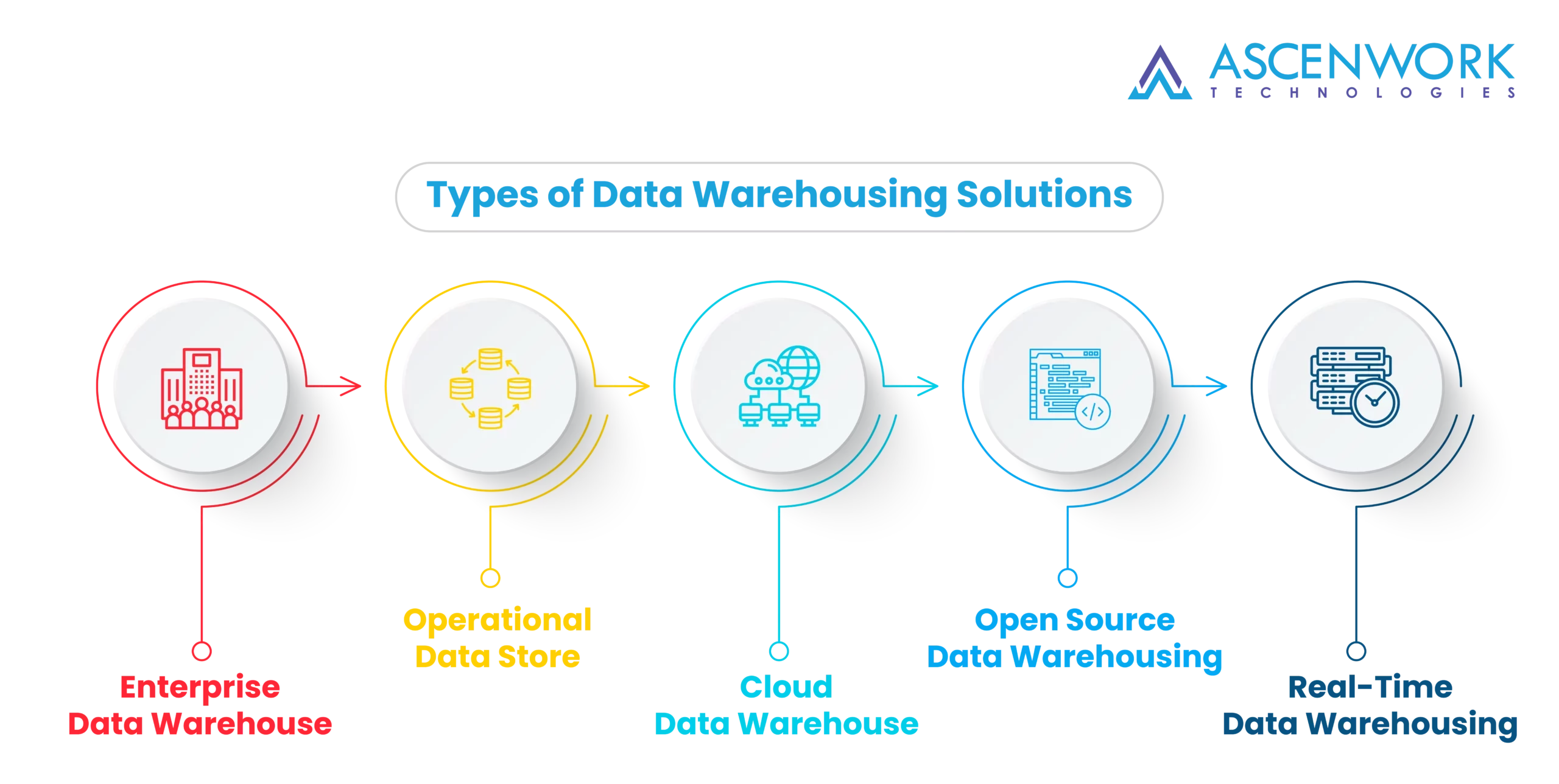
Embrace the Future!
Low-code/no-code development is not just a trend; it’s a revolution that’s here to stay. 🚀 As the technology continues to mature, we can expect even more powerful platforms, further empowering citizen developers and fostering a culture of innovation within organizations.
Top 8 Benefits of Low-Code/No-Code Platforms
Accelerated Development
Increased Productivity
Agility and Flexibility
Empowering Innovation
Cost Savings
Ease of Use
Integration Capabilities
Reduced IT Backlog
I’ve had the pleasure of witnessing a non-technical marketing team create an event registration app using a low-code platform. The team was thrilled to have full control over the app’s design and functionality without the usual back-and-forth with developers. The end result was a sleek and efficient app that exceeded their expectations! 🎉
What are Low-Code/No-Code Applications?
In a world where speed and agility are essential, low-code/no-code platforms have emerged as a solution to bridge the gap between technical complexity and rapid app development. 🏗️💨 Simply put, these platforms empower non-technical users, or “citizen developers,” to create applications without extensive coding knowledge. 🤝
How do Low-Code and No-Code Tools Work?
Low-code tools provide a visual development environment with drag-and-drop components and pre-built templates, enabling users to assemble applications like building blocks. 🧩 On the other hand, no-code tools take it a step further, allowing users to create applications entirely through intuitive visual interfaces, eliminating the need for any coding whatsoever. 🚀
How is Low-Code/No-Code App Development Used?
Low-code/no-code platforms have proven to be versatile across industries. From streamlining internal processes to developing customer-facing apps, the applications are limitless. 💼💻 In finance, we’ve seen teams using low-code platforms to build custom applications for managing transactions, while in healthcare, no-code solutions have been leveraged to create patient portals for seamless communication with healthcare providers. 🏥📱
Why it Matters for Software Development
The low-code/no-code movement isn’t about replacing software developers; it’s about democratizing application development. 👩💻👨💻 By empowering business users to create their applications, developers can focus on more complex and strategic projects, driving innovation and pushing the boundaries of what’s possible.
Join the Conversation!
Have you explored low-code/no-code platforms in your organization? What benefits have you experienced, and how do you see this trend impacting the software development industry? Comment below and let’s learn from each other’s experiences! 🗣️💬


